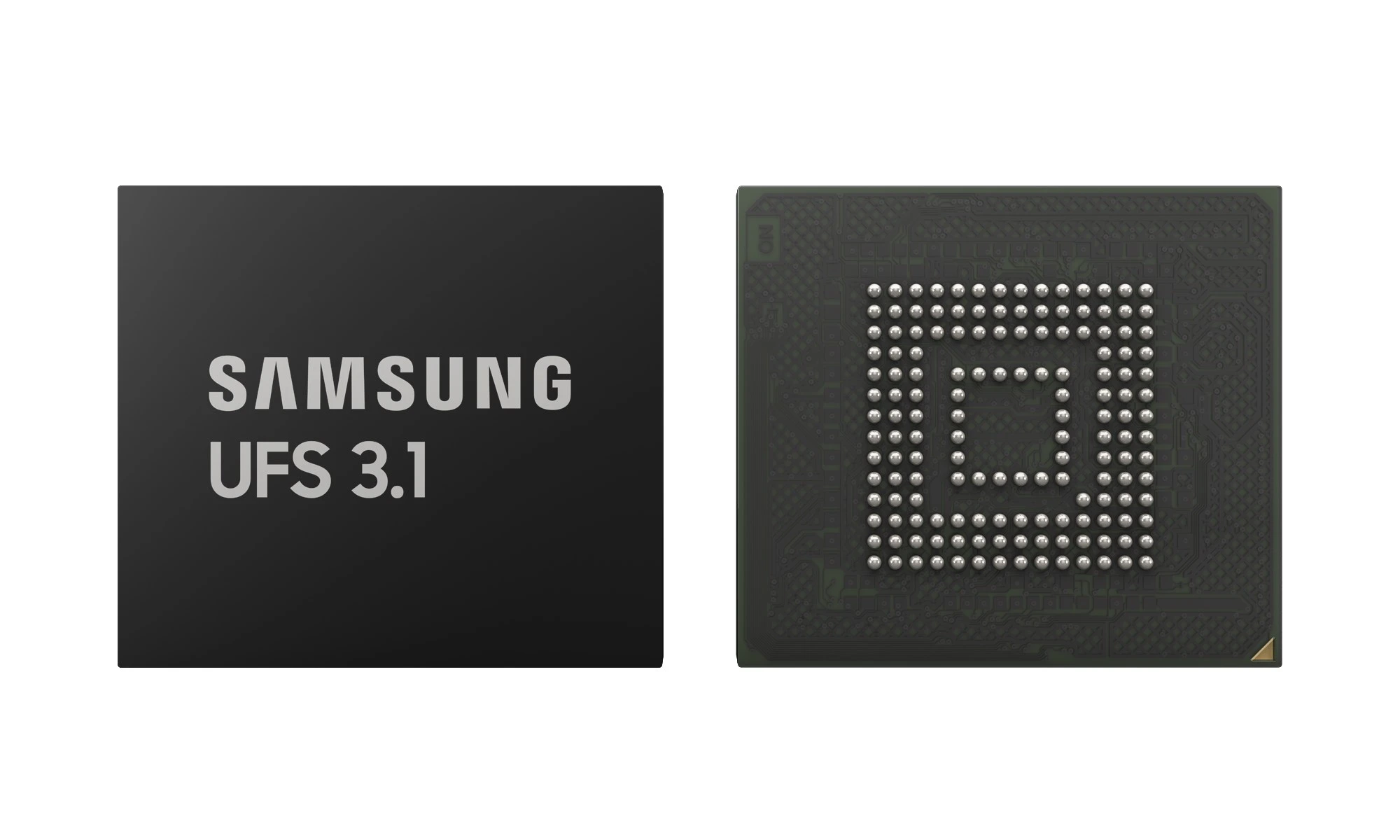Samsung’s Automotive UFS 3.1 Chip Enters Mass Production

Samsung is a leading manufacturer of smartphones and other electronic gadgets and now focuses on extending its hands over benefiting the automobile industry. In 2015, Samsung initiated its vehicle memory business which has grown enormously. The firm debuted the first automotive UFS in the market in 2017, and followed by a variety of memory options, such as AutoCAD, Auto LPDDR5X, and Auto GDDR6, were launched.
In-vehicle Infotainment(IVI) system-specific automotive Universal Flash Storage(UFS) 3.1 memory solution is now being mass-produced by Samsung Electronics. By the end of 2023, Samsung intends to deliver its UFS 3.1 solutions to worldwide automakers and component producers. Three different versions of UFS 3.1 are enabled, 128 GB, 256 GB and 512 GB. The purpose of coming up with different variants is to satisfy the requirements of the customers. UFS 3.1 lineup provides future automotive applications, such as electric or driverless vehicles, a more effective battery life management.
Out of this, the 256 GB model provides extra features such as a 33% reduction in energy usage compared to the previous model, a 700MB/s sequential write performance and a 2,000 MB/s sequential read speed. This new automotive UFS 3.1 solution complies with AEC-Q100 Grade 2, a semiconductor quality standard for automobiles that ensures steady performance even in a wide range of temperatures from -40°C to 105°C. The firm received two accreditation recently; in April 2023, ASPICE Level 2 Certification was granted from customers for its ADAS-focused UFS 3.1 product. A prominent auto certification organization, C&BIS, awarded ASPICE Level 2 certification for the UFS 3.1 product for ADAS.
Samsung Electronics files several patents on robotics in the USA
Hyunduk Cho, Vice President of the Memory Product Planning Team at Samsung Electronics, stated, “Samsung’s new UFS 3.1 solution addresses a wide range of customer needs for optimized IVI systems while pushing forward with next-generation memory trends that require higher ESG standards. We aim to expand our presence in the automotive semiconductor market following the introduction of our UFS 3.1 solution for advanced driver assistance systems (ADAS).”



